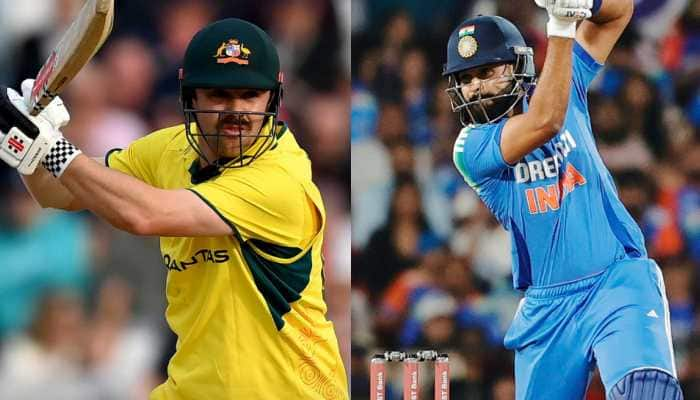All tax exemptions will have to go eventually, says FM Nirmala Sitharaman
Speaking at a press conference after presenting her second budget, FM said income tax cuts follow a reduction in corporate tax rates in September last year and in the same manner, with or without exemptions.
Trending Photos
)
New Delhi: After slashing income tax rates for individuals on condition that they give up exemptions and deductions, Finance Minister Nirmala Sitharaman on Saturday said the government intends to remove all IT exemptions in the long run.
Speaking at a press conference after presenting her second budget, she said income tax cuts follow a reduction in corporate tax rates in September last year and in the same manner, with or without exemptions.
"We are looking for simplifying rates and reduced rates. Eventually, we want to bring the rates down. So many exemptions are difficult for the administrators... We wanted to achieve two goals -- simplify and reduce income tax. Gradually, in the long run, we will be removing all exemptions," she said.
While her budget speech did not provide for any specific number for additional capital, the Finance Minister said the improvement in revenue generation gives hopes of lowering the fiscal deficit to 3.5 per cent of GDP in the next fiscal from 3.8 per cent in the current.
"Under the new personal income tax regime, individual taxpayers to pay tax at a reduced rate of 10 per cent for income between Rs 5 lakh and 7.5 lakh against the current rate of 20 per cent," Sitharaman said while presenting the Budget.
Some exemptions will continue even for the new tax slabs. The aim for the current reforms is to make sure that the money reaches the hands of the taxpayer and he is free to use it as he sees fit, she said.
However, contrary to Sitharaman`s claim that the new personal tax and slab regime would be simplified, tax practitioners said that the proposed structure is not only complex but it also does not make sense for most of the taxpayers to make the shift.
Moreover, taxpayers with business income can not switch back to the old regime after moving to the new tax structure. After opting to the new regime, they would not be entitled to several exemptions and deductions including under Section 80C, 80CCC and 80CCD. In brief, they would be ineligible for as many as 70 deductions.
Salaried people can, however, shift back and forth depending on the benefits. Citing the example of a person with an annual income of Rs 12.5 lakh availing some deductions and benefits, Rakesh Nangia, Chairman, Nangia Andersen Consulting, said that it does not make sense for him to switch to the new regime.
"By availing deductions and benefits under the Income Tax law, the person can reduce his tax liability. By taking benefits of 80C, the standard deduction and HRA, he can reduce his tax liability to Rs 85,000. But under the new tax structure, he will have to pay a tax of Rs 1.30 lakh," Nangia said.
Proposing to lower the tax rates while presenting Union budget, Sitharaman said that the proposed tax structure will provide significant relief to taxpayers and more so to those in the middle class.
As per the budget proposal, those earning Rs 5-7.5 lakh a year would now pay a tax of 10 per cent on income between Rs 5 and Rs 7.5 lakh from 15 per cent now. Income between Rs 7.5 lakh to Rs 10 lakh will also attract a lower tax of 20 per cent. For annual income between Rs 10 lakh and Rs 12.5 lakh, the income tax rate has been reduced to 20 per cent from 30 per cent.
Those earning Rs 12.5 lakh to Rs 15 lakh will pay 25 per cent tax. But lower tax rate could be availed only by foregoing all the exemptions.
The Finance Minister said that those earning over Rs 15 lakh would continue to pay the tax at the current rate of 30 per cent.
Stay informed on all the latest news, real-time breaking news updates, and follow all the important headlines in india news and world News on Zee News.
Live Tv







)
)
)
)
)
)
)
)
)
)
